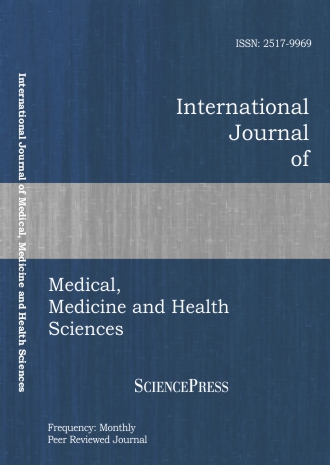
Scholarly
Volume:7, Issue: 6, 2013 Page No: 233 - 236
International Journal of Medical, Medicine and Health Sciences
ISSN: 2517-9969
1481 Downloads
Processing the Medical Sensors Signals Using Fuzzy Inference System
Sensors possess several properties of physical measures. Whether devices that convert a sensed signal into an electrical signal, chemical sensors and biosensors, thus all these sensors can be considered as an interface between the physical and electrical equipment. The problem is the analysis of the multitudes of saved settings as input variables. However, they do not all have the same level of influence on the outputs. In order to identify the most sensitive parameters, those that can guide users in gathering information on the ground and in the process of model calibration and sensitivity analysis for the effect of each change made. Mathematical models used for processing become very complex. In this paper a fuzzy rule-based system is proposed as a solution for this problem. The system collects the available signals information from sensors. Moreover, the system allows the study of the influence of the various factors that take part in the decision system. Since its inception fuzzy set theory has been regarded as a formalism suitable to deal with the imprecision intrinsic to many problems. At the same time, fuzzy sets allow to use symbolic models. In this study an example was applied for resolving variety of physiological parameters that define human health state. The application system was done for medical diagnosis help. The inputs are the signals expressed the cardiovascular system parameters, blood pressure, Respiratory system paramsystem was done, it will be able to predict the state of patient according any input values.
References:
[1] Zadeh L.A. Fuzzy logic to extended fuzzy logic- The concept of fvalidity